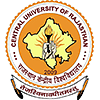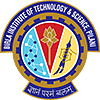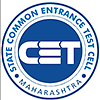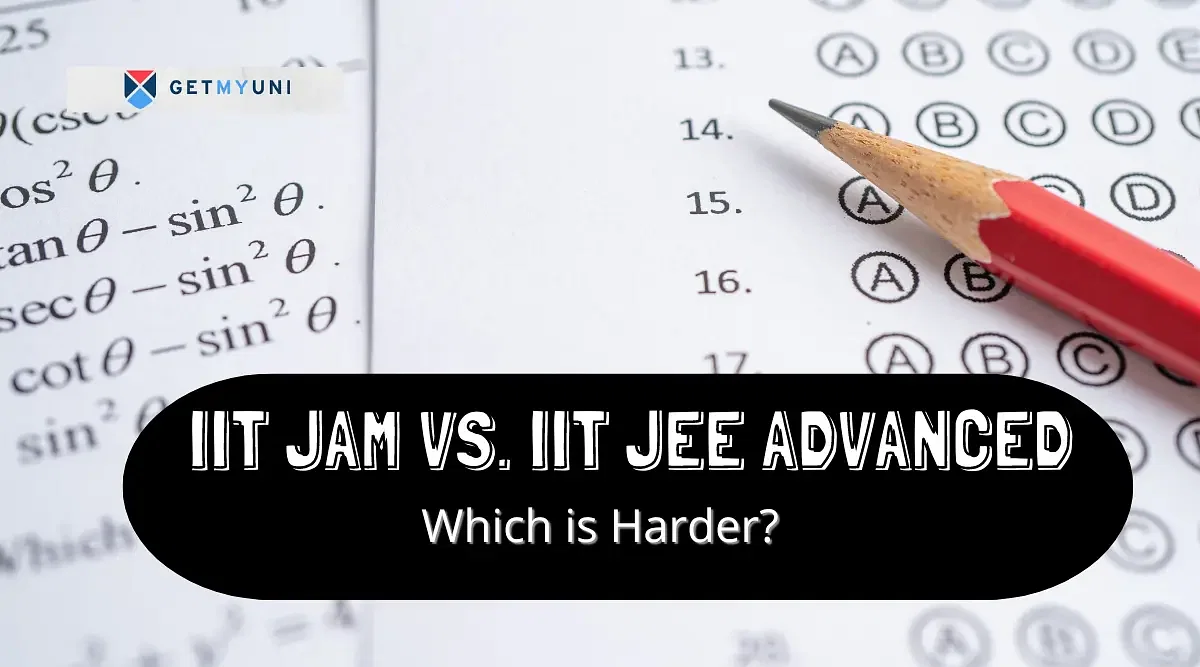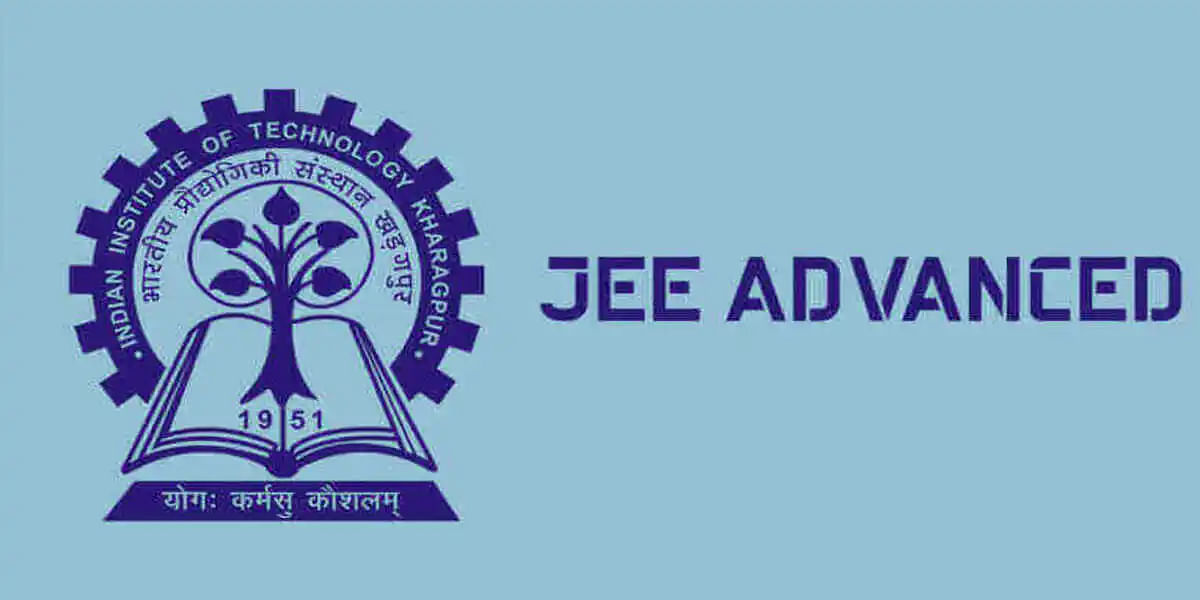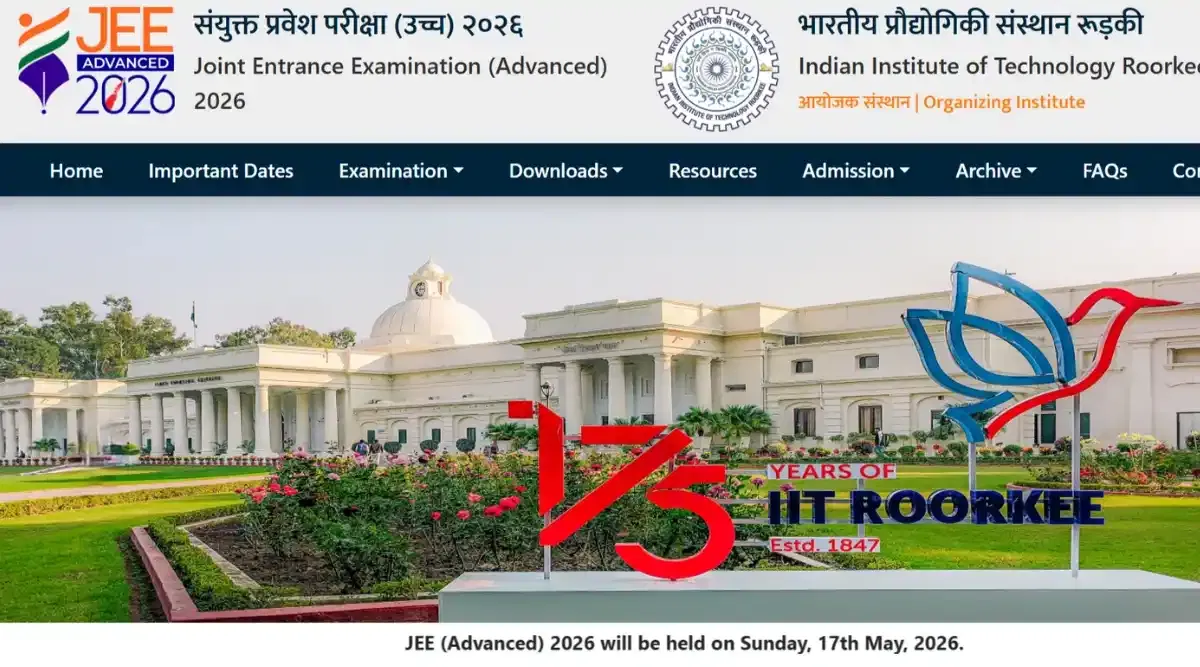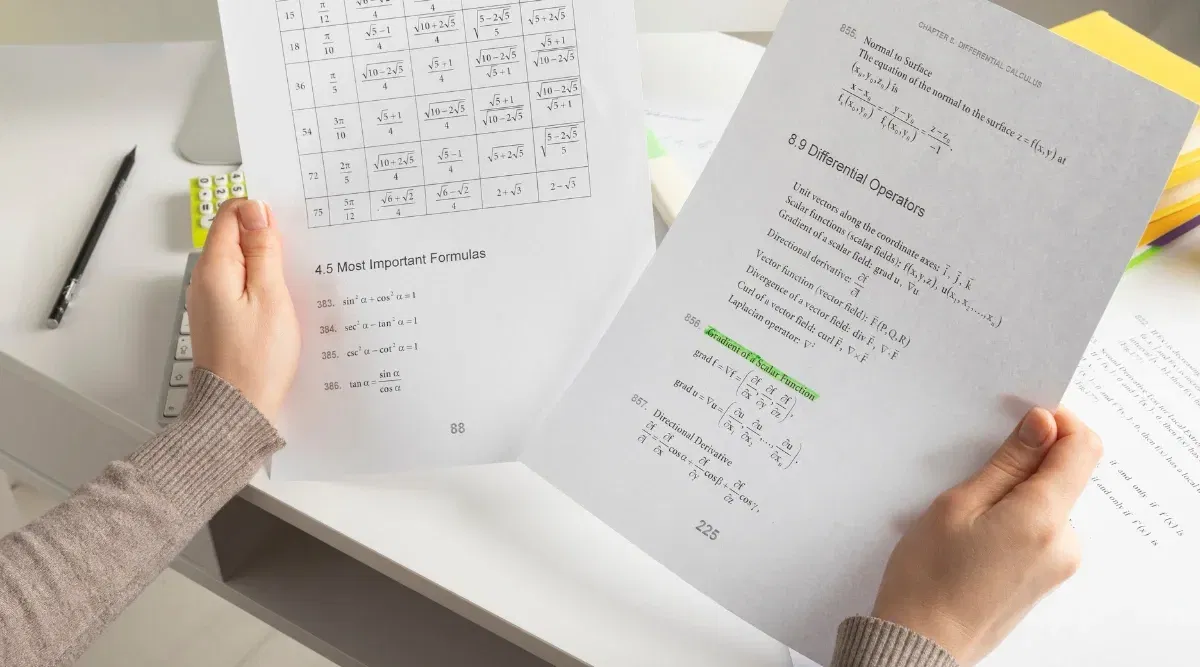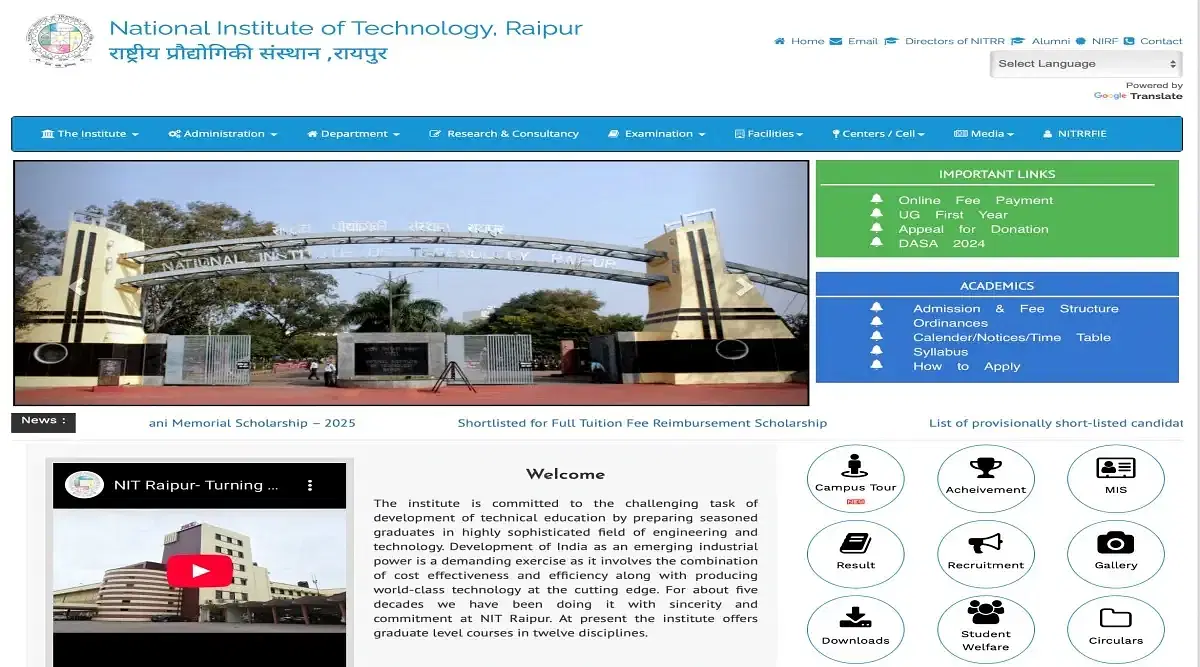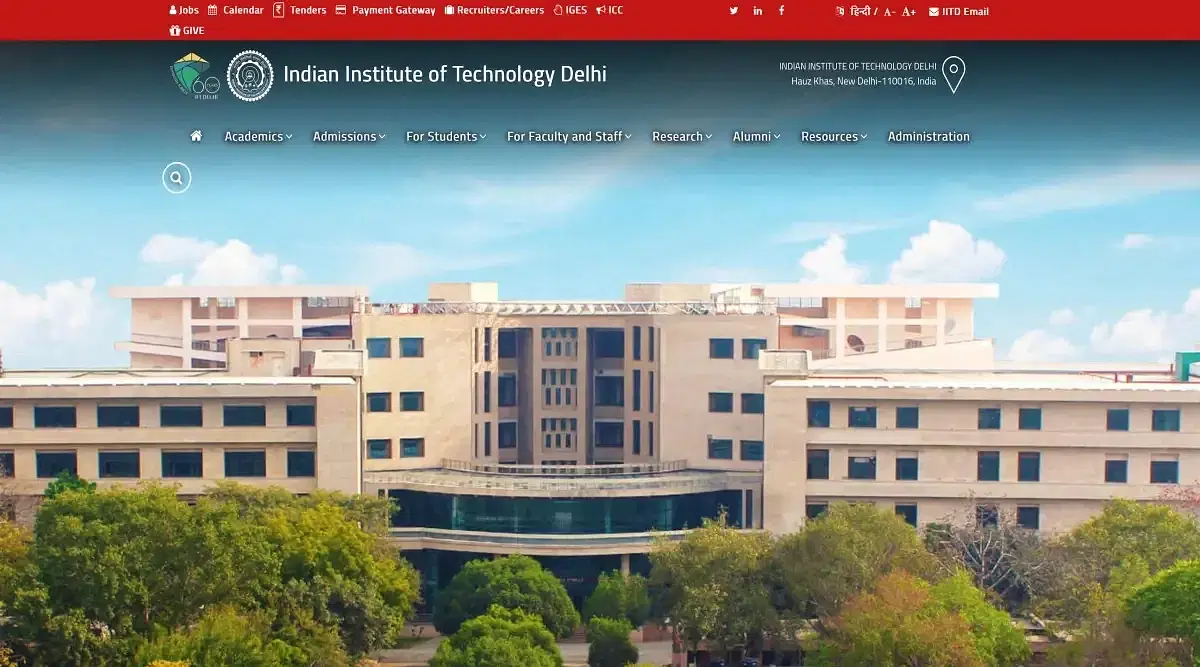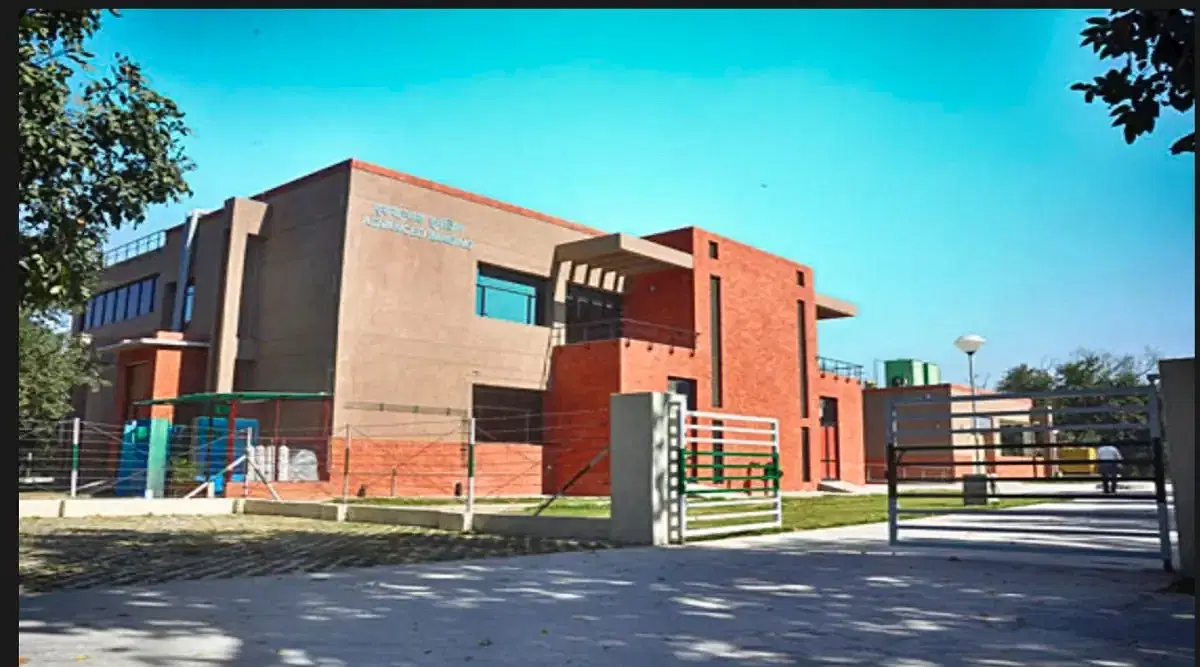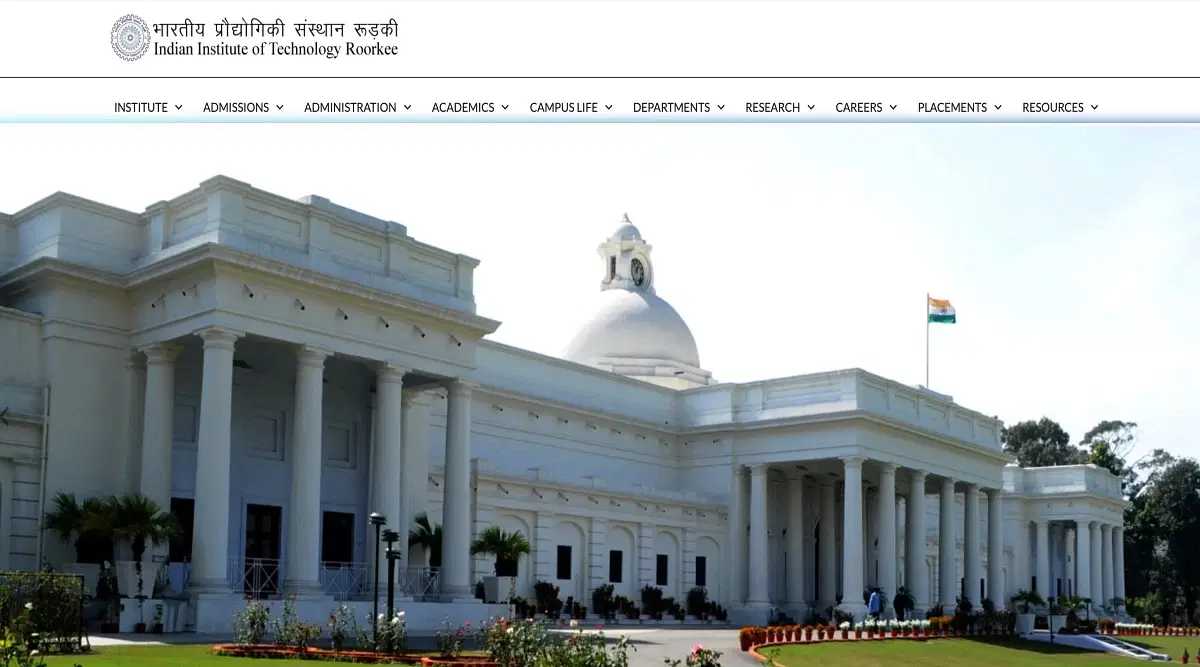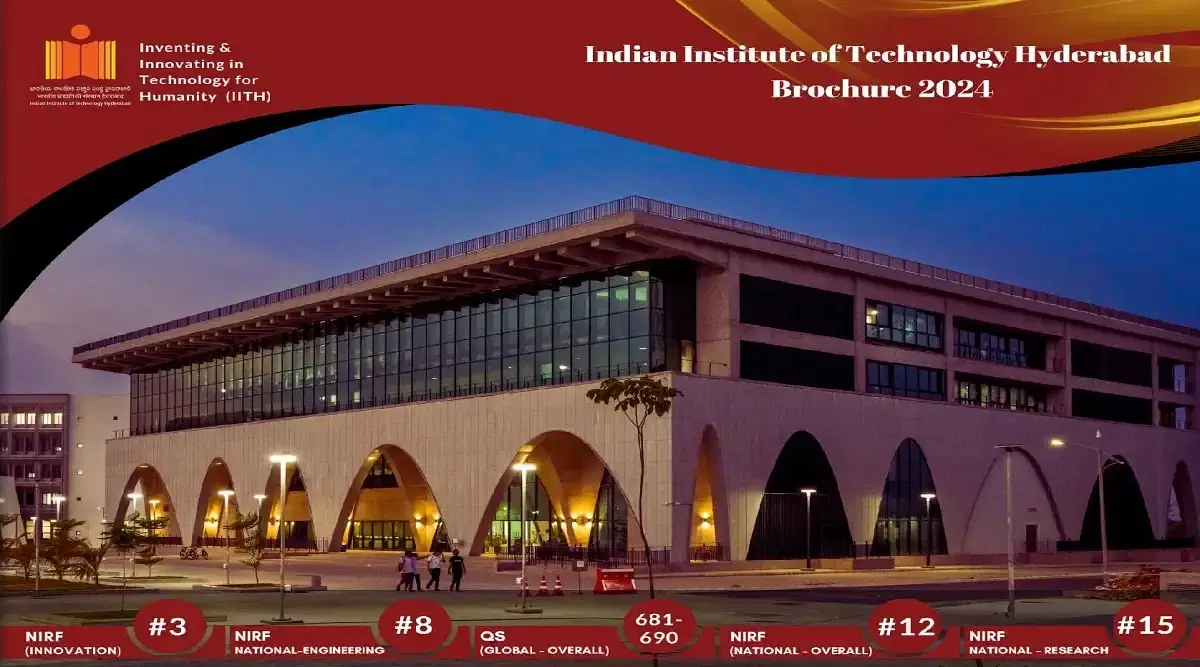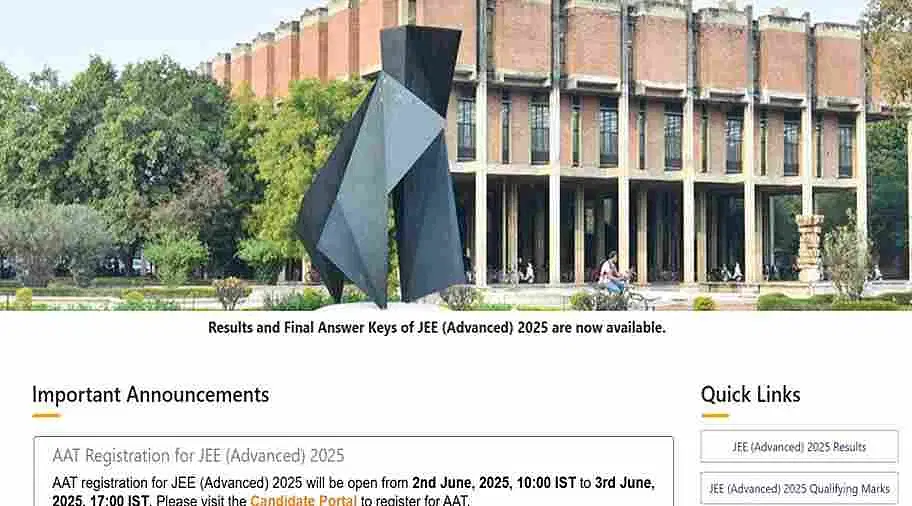
Table of Contents
JEE Advanced Physics Syllabus 2026 comprises topics from General Physics, Mechanics, Thermal Physics, Electricity and Magnetism, Electromagnetic Waves, Optics, and Modern Physics. Moreover, each of these topics further include a range of sub-topics. The article provides the complete JEE Advanced Physics syllabus for 2026, along with chapter-wise weightage and preparation tips.
There are two papers for JEE Advanced, and candidates must appear for both. The question paper includes questions from Physics, Chemistry, and Mathematics. However, for paper 1, 3 marks are awarded for each correct answer, and there is no negative marking. For paper 2, there is a negative marking for each incorrect answer.
JEE Advanced Physics Syllabus 2026
JEE Advanced physics syllabus consists of chapters such as kinematics, gravitation, laws of motion, optics, waves, and electromagnetic induction, which are also there in JEE Mains. However, for the benefit of the candidates, here is the detailed syllabus.
General:
- General Units and dimensions, dimensional analysis, least count, significant figures
- Methods of measurement and error analysis for physical quantities pertaining to the following experiments: Experiments based on using Vernier calipers and screw gauge (micrometer), Determination of g using a simple pendulum, Young’s modulus - elasticity of the material, Surface tension of water by capillary rise, and the effect of detergents.
- Specific heat of a liquid using a calorimeter, focal length of a concave mirror and a convex lens using the u-v method, Speed of sound using a resonance column, Verification of Ohm’s law using a voltmeter and an ammeter, and specific resistance of the material of a wire using a meter bridge and a post office box.
Mechanics:
- Newton’s laws of motion; Inertial and uniformly accelerated frames of reference; Static and dynamic friction; Kinetic and potential energy; Work and power; Conservation of linear momentum and mechanical energy.
- Kinematics in one and two dimensions (Cartesian coordinates only), projectiles; Uniform circular motion; Relative velocity.
- Systems of particles; Centre of mass and its motion; Impulse; Elastic and inelastic collisions.
- Rigid body, moment of inertia, parallel and perpendicular axes theorems, moment of inertia of uniform bodies with simple geometrical shapes; Angular momentum; Torque; Conservation of angular momentum; Dynamics of rigid bodies with fixed axis of rotation; Rolling without slipping of rings, cylinders and spheres; Equilibrium of rigid bodies; Collision of point masses with rigid bodies. Forced and damped oscillation (in one dimension), resonance.
- Linear and angular simple harmonic motions.
- Hooke’s law, Young’s modulus.
- Law of gravitation; Gravitational potential and field; Acceleration due to gravity; Kepler’s law, Geostationary orbits, Motion of planets and satellites in circular orbits; Escape velocity.
- Pressure in a fluid; Pascal’s law; Buoyancy; Surface energy and surface tension, angle of contact, drops, bubbles and capillary rise.
- Viscosity (Poiseuille’s equation excluded), Modulus of rigidity and bulk modulus in mechanics. Stoke’s law; Terminal velocity, Streamline flow, equation of continuity, Bernoulli’s theorem and its applications. Wave motion (plane waves only), longitudinal and transverse waves, superposition of waves; Progressive and stationary waves; Vibration of strings and air columns; Resonance; Beats; Speed of sound in gases; Doppler effect (in sound).
Thermal Physics:
- Thermal expansion of solids, liquids and gases; Calorimetry, latent heat; Heat conduction in one dimension; Elementary concepts of convection and radiation; Newton’s law of cooling; Ideal gas laws; Specific heats (Cv and Cp for monoatomic and diatomic gases); Isothermal and adiabatic processes, bulk modulus of gases; Equivalence of heat and work; First law of thermodynamics and its applications (only for ideal gases); Second law of thermodynamics, reversible and irreversible processes, Carnot engine and its efficiency; Blackbody radiation: absorptive and emissive powers; Kirchhoff’s law; Wien’s displacement law, Stefan’s law.
Electricity and Magnetism:
- Coulomb’s law; Electric field and potential; Electrical potential energy of a system of point charges and electrical dipoles in a uniform electrostatic field; Electric field lines; Flux of electric field; Gauss’s law and its application in simple cases, such as, to find field due to infinitely long straight wire, uniformly charged infinite plane sheet and uniformly charged thin spherical shell.
- Capacitance; Parallel plate capacitor with and without dielectrics; Capacitors in series and parallel; energy stored in a capacitor.
- Electric current; Ohm’s law; Series and parallel arrangements of resistances and cells; Kirchhoff’s laws and simple applications; Heating effect of current.
- Biot–Savart’s law and Ampere’s law; Magnetic field near a current-carrying straight wire, along the axis of a circular coil and inside a long straight solenoid; Force on a moving charge and on a current-carrying wire in a uniform magnetic field.
- Magnetic moment of a current loop; Effect of a uniform magnetic field on a current loop; Moving coil galvanometer, voltmeter, ammeter and their conversions.
- Electromagnetic induction: Faraday’s law, Lenz’s law; Self and mutual inductance; RC, LR, LC, and LCR(in series) circuits with D.C. and A.C. sources.
Electromagnetic Waves:
- Electromagnetic waves and their characteristics. Electromagnetic spectrum (radio waves, microwaves, infrared, visible, ultraviolet, x-rays, gamma rays), including elementary facts about their uses.
Optics:
- Rectilinear propagation of light; Reflection and refraction at plane and spherical surfaces; Total internal reflection; Deviation and dispersion of light by a prism; Thin lenses; Combinations of mirrors and thin lenses; Magnification.
- Nature of light: Huygen’s principle, interference limited to Young’s double slit experiment.
- Diffraction due to a single slit. Polarization of light, plane polarized light; Brewster's law, Polaroids.
Modern Physics:
- Atomic nucleus; α, β, and γ radiations; Law of radioactive decay; Decay constant; Half-life and mean life; Binding energy and its calculation; Fission and fusion processes; Energy calculation in these processes.
- Photoelectric effect; Bohr’s theory of hydrogen-like atoms; Characteristic and continuous X-rays, Moseley’s law; de Broglie wavelength of matter waves.
Related Links:
JEE Advanced Physics Syllabus Weightage
As discussed earlier, the JEE Advanced physics syllabus is widespread. To score good marks in the exam, candidates must know the weightage of each topic.
| Topics | Weightage |
| Thermodynamics | 7% |
| Electromagnetic Induction | 3% |
| Electrostatics | 18% |
| Electric Current | 9% |
| Magnetism | 5% |
| Rotational Motion | 8% |
| Kinematics | 8% |
| Optics | 3% |
| Kinematic Theory of Gases | 3% |
Tips to Prepare for JEE Advanced Physics Syllabus
Candidates need to qualify for JEE Main to qualify and apply for JEE Advanced. The exam will be hard and therefore needs good preparation. However, here are some JEE Advance physics syllabus preparation tips:
- Candidates must go through the syllabus and figure out the common syllabus. The fresh topics for the JEE Advance physics syllabus must be paid more attention.
- Further, candidates should buy and refer to the books recommended by the toppers and easily available both online and offline.
- Additionally, to notch up the JEE Advanced physics syllabus preparation, candidates must follow the previous year's questions to get familiar with the questions.
- Candidates must ensure that they separate and dedicate time to revise each topic once complete.
- Lastly, mock tests play a key role in preparing for JEE Advanced. Hence, all candidates must appear for mock tests online or offline.











